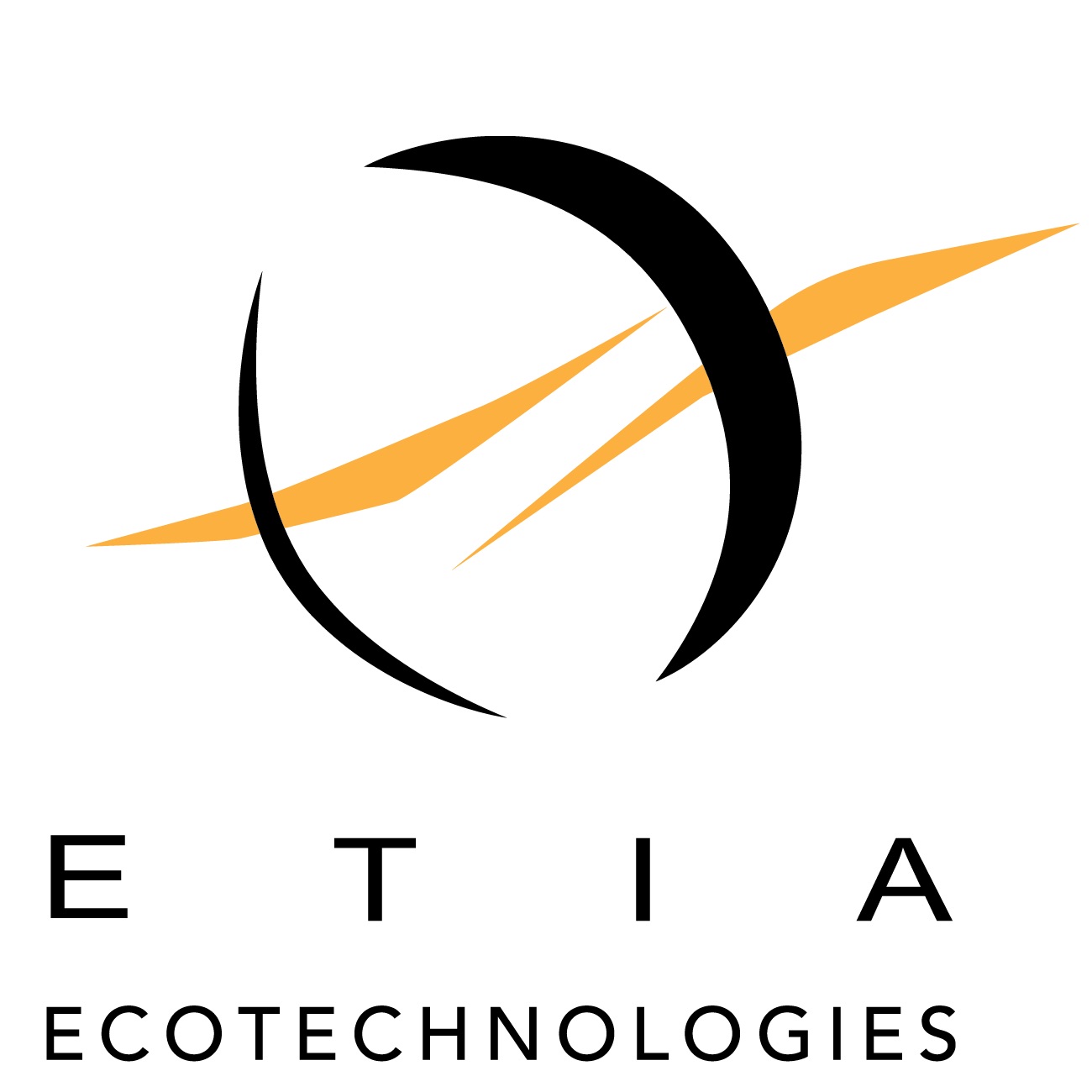What is power to heat?
In the world increasingly focused on using electrical energy as a main energy source, power to heat (P2H or PtH) is a term used to generally describe a process of heating performed thanks to the electricity. It is also an increasingly important term in the context of climate change and mitigating carbon emissions (decarbonization). Most of the current developed economies are facing two parallel challenges: how to manage in the most efficient way the quick growth of electrical energy sources, and the fast development of industrial production facilities that require growing amounts of heat.
Power to heat is addressing both of these issues. On one hand, it allows using renewable energy, which price is increasingly attractive. On the other hand, it enters the areas of industrial activities, when the request for industrial heating is growing equally fast as the need to generate the heating in a climate friendly way.
Importance of the climate friendly process heating
Following the International Energy Agency, industrial heat makes up two-thirds of industrial energy demand and almost one-fifth of global energy consumption. Industrial heating operations are responsible for the majority of the manufacturing sector energy demand, taking a significant role of the overall industrial energy consumption. Today, a wide range of the process equipment is serving to achieve the product transformations such as heating, drying, roasting, calcination and thermochemical conversions. These fundamental operations are realized mostly through equipment consuming energy from a variety of fossil fuel sources such as natural gas, LPG or coal. Conventional fuel-based processes allow to produce heat energy through combustion of solids, liquids or gases and transfer it to the processed material directly or indirectly. As every combustion process, these activities also generate a significant quantity of greenhouse gases that are emitted into the atmosphere increasing the negative climate effect.
Energy transition by implementing power to heat
Accelerating the speed of energy transition requires innovations. Currently the industry relies in a high degree on fossil fuels when it comes to the process heating. However, it is considered that technologies such as Spirajoule will play an important role in decarbonizing the industry and allowing the transition to the low emission industrial production. Power to heat technologies can allow to electrify the pre-heating and heating processes as well as support the existing furnace / kiln technologies in covering the increasing industrial heat demand. While many sustainable technologies are already available in the area of low temperature heating processes, the demand for heating over 400 degrees Celsius still remains largely dependent on the fossil fuels. By developing our Spirajoule solution, we are addressing the markets of high temperature, industrial power to heat demands, that is applicable to the inorganic and organic bulk products and powders. Our goal is to support the low-carbon economy as defined in most of the developing countries scenario, allowing the climate stabilization, cleaner air and modern energy sources popularization across the industry.
The electricity sector is experiencing its most dramatic transformation since its creation more than a century ago. Electricity is increasingly the “fuel” of choice in economies that are relying more on lighter industrial sectors, services and digital technologies. Its share in global final consumption is approaching 20% and is set to rise further. Policy support and technology cost reductions are leading to rapid growth in variable renewable sources of generation, putting the power sector in the vanguard of emissions reduction efforts but requiring the entire system to operate differently in order to ensure reliable supply.
World Energy Outlook 2018, IEA
Spirajoule: our answer to the industrial power to heat
Following the increasing demand for fossil-free products process heating, we have developed a special range of Spirajoule applications dedicated to electrical heating of the bulk materials and powders in temperatures up to 850 degrees Celsius. Such high temperature treatment of the powders is increasingly required at the market when the interest is in production of high added value materials. The performed treatment includes full range of thermal conversion: from debacterization, sterilization, toasting roasting, up to the mineral dehydration and calcination. Our system is heated exclusively by electricity, which opens the way to shifting from fossil fuels, as well as guarantees the precise and accurate treatment conditions inside the reactor.
